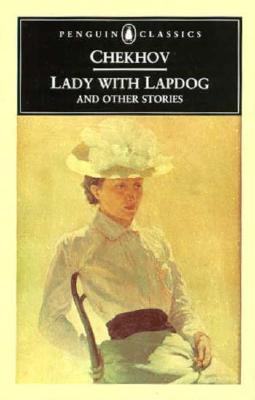Recently, I came across an experiment that provides proof of something I have long suspected.
An cognitive psychologist at the University of Toronto rewrote the wonderful Chekhov story, The Lady with the Little Dog, as a dry piece of non-fiction. He did this by taking the story’s subject matter – an adulterous holiday affair that turns into something more serious – and reworking it as a transcript from a divorce case. In other words, the information remained the same but the manner of telling changed utterly.

Next, a group of test subjects were subjected to standard personality tests before and after they read both pieces of writing. The people who read the Chekhov version showed more signs of shifts in their character traits. In other words, the experience of reading the story opened up their personalities.
Interestingly, there was no particular pattern to these personality changes. They didn’t all become more extroverted, or more thoughtful, or more empathetic. It was simply that the simulation of experience generated by a good story in turn created tectonic shifts within the personality of the reader.
This confirms what dedicated fiction readers have always felt. Entering into the minds of unreal characters can be an experience that leads to deep and very real changes in what we loosely describe as ‘real life.’
It also reinforces my belief that ad copy should be written from a place of emotion and personality, rather than aim at delivering a string of dry facts.
And it reminds me to keep on reading fiction.
